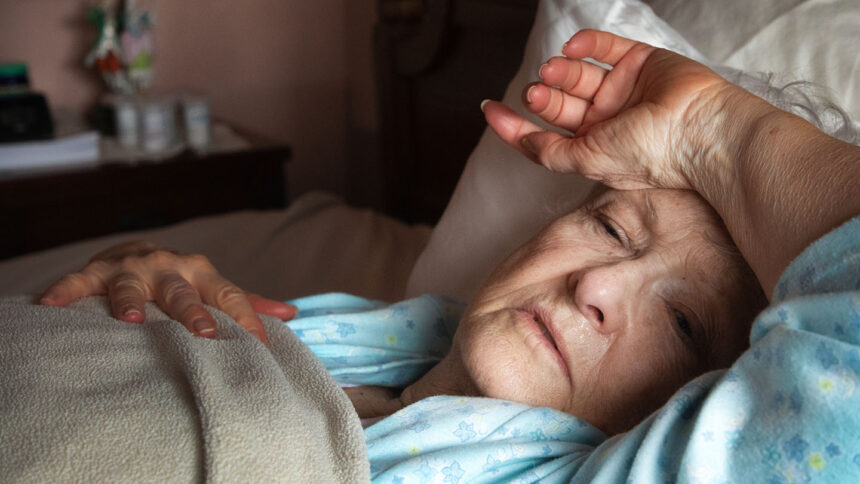
A group of nursing home residents in Maryland has filed the first known lawsuit seeking to compel a state to meet requirements that it inspect all of its skilled nursing facilities at least annually.
The class action suit against the Maryland Department of Health alleges that state officials are violating the Americans with Disabilities Act and a lesser known federal statute by failing to hold nursing homes accountable through routine oversight.
“Because of Plaintiffs’ mobility impairments, this lack of accountability leaves Plaintiffs in situations where they are vulnerable to neglect and mistreatment, which lead to pressure ulcers, falls and unnecessary seclusion,” the lawsuit alleges. “Plaintiffs have suffered and continue to suffer personal degradation and significant physical and psychosocial harm as a result of Defendants’ failures.”
States’ nursing home survey offices have been decimated by the same types of staffing shortages affecting nursing homes themselves, as detailed in reports issued last year by the US Senate Special Committee on Aging in 2022 and 2023.
Few states have caught up on routine inspections after a backlog created by COVID, with the latest Senate investigation finding 1 out of 9 US nursing homes hadn’t had an annual inspection in at least two years. But Maryland’s history of overdue surveys stretch to 2002, when a federal watchdog agency found staff cutbacks had resulted in surveys “being less systematic than originally planned.”
Today, the state misses annual inspections of more than 70% of its nursing facilities, according to the complaint filed in US District Court Wednesday by five anonymous residents being represented by the Public Justice Center and Justice in Aging.
“To our knowledge, this is the first lawsuit against a state to force the state to conduct annual inspection surveys and investigate complaints related to nursing home residents,” Liam McGivern, a senior litigation attorney at Justice in Aging, told McKnight’s Long-Term Care News Friday. “We’re aware of similar problems in other states, so this lawsuit could lead to similar efforts elsewhere.”
The Maryland Department of Health declined to comment on pending litigation.
But in 2022, when Maryland’s delays led the nation at 1,021 days, or about 34 months between standard surveys, spokesman Chase Cook told McKnight’s that the department’s Office of Health Care Quality was working closely with CMS to provide oversight of nursing homes.
“OHCQ also implemented multiple strategies that enhanced recruitment and retention efforts,” he said at the time. “These included a new office location, user-friendly onboarding process; long-term employee mentoring program; increased opportunities for career advancement; leadership development programs; and increased pay for certain job classifications.”
The Centers for Medicare & Medicaid Services has acknowledged the impact of surveyor shortages and is piloting a new strategy, the Risk-Based Survey process, to allow “consistently higher-quality facilities” to receive a more focused survey and help cut down on delays for others.
“Higher quality could be indicated by a history of fewer citations for noncompliance, higher staffing, fewer hospitalizations, and other characteristics (e.g., no citations related to resident harm or abuse, no pending investigations for residents at immediate jeopardy for serious harm, compliance with staffing and data submission requirements),” a CMS official said last month.




